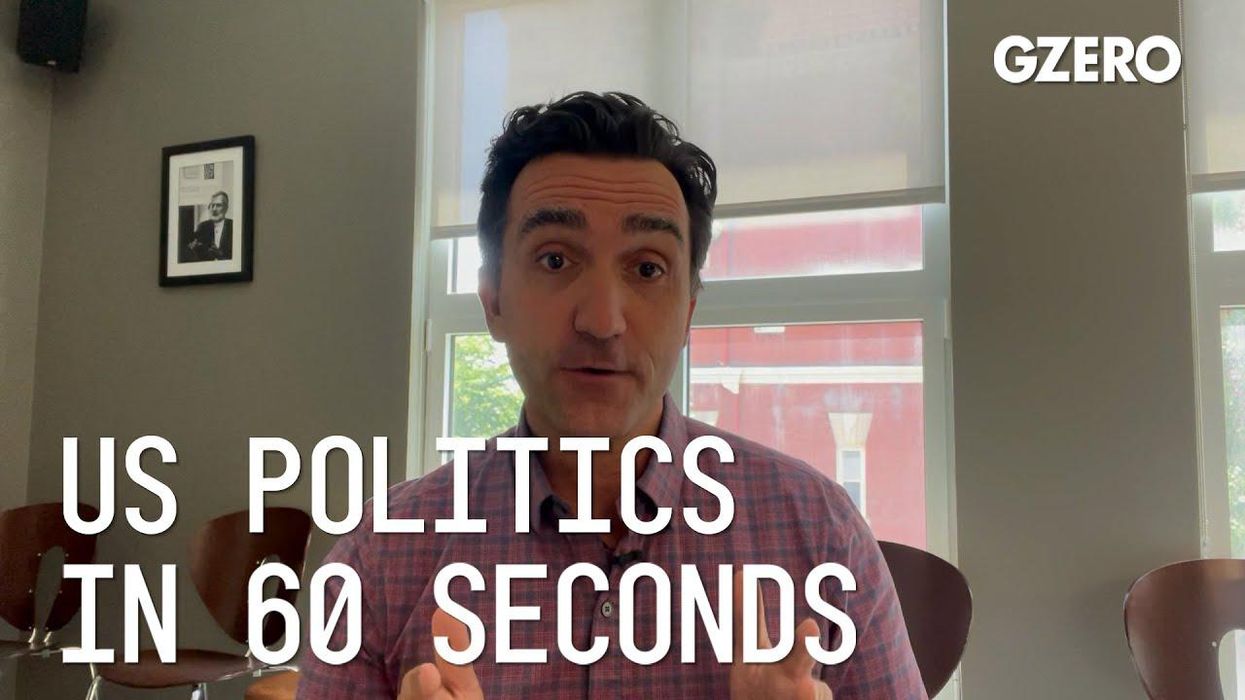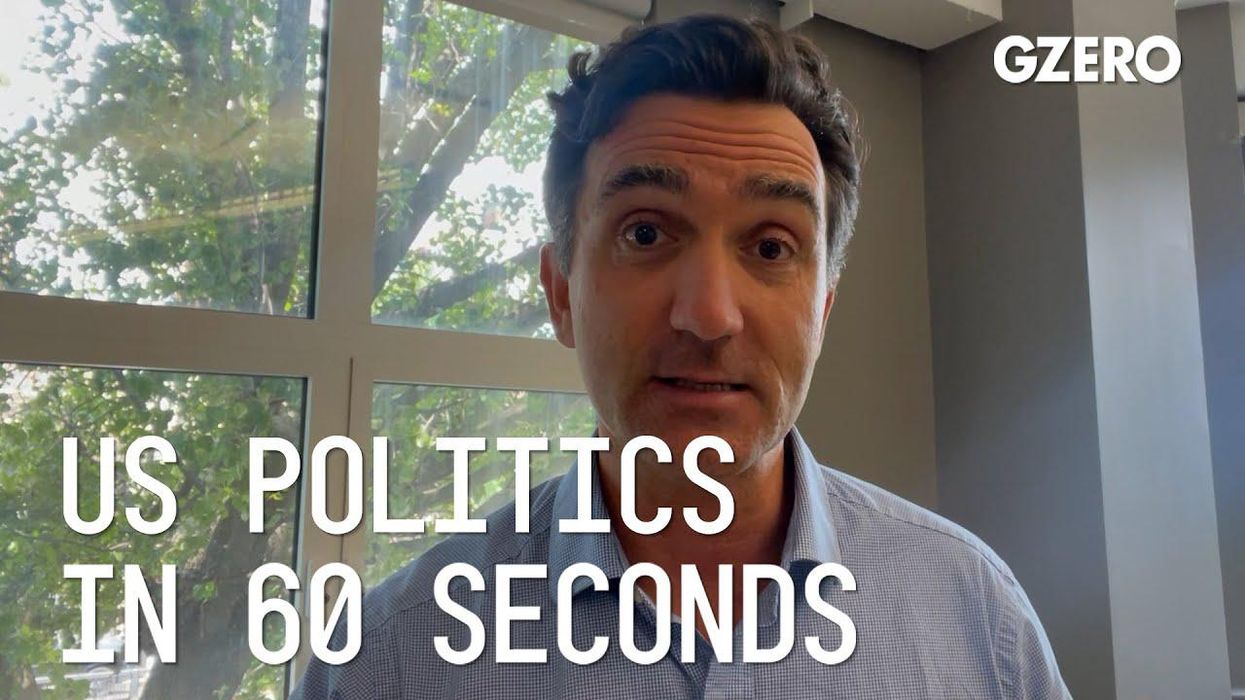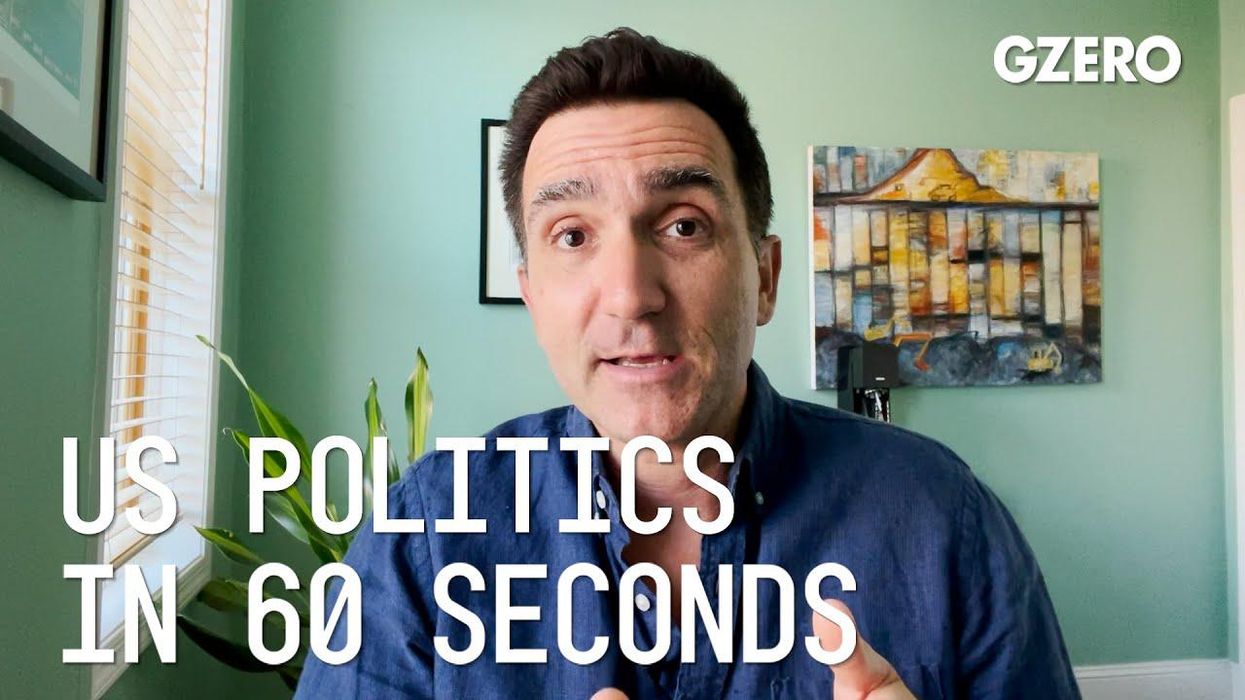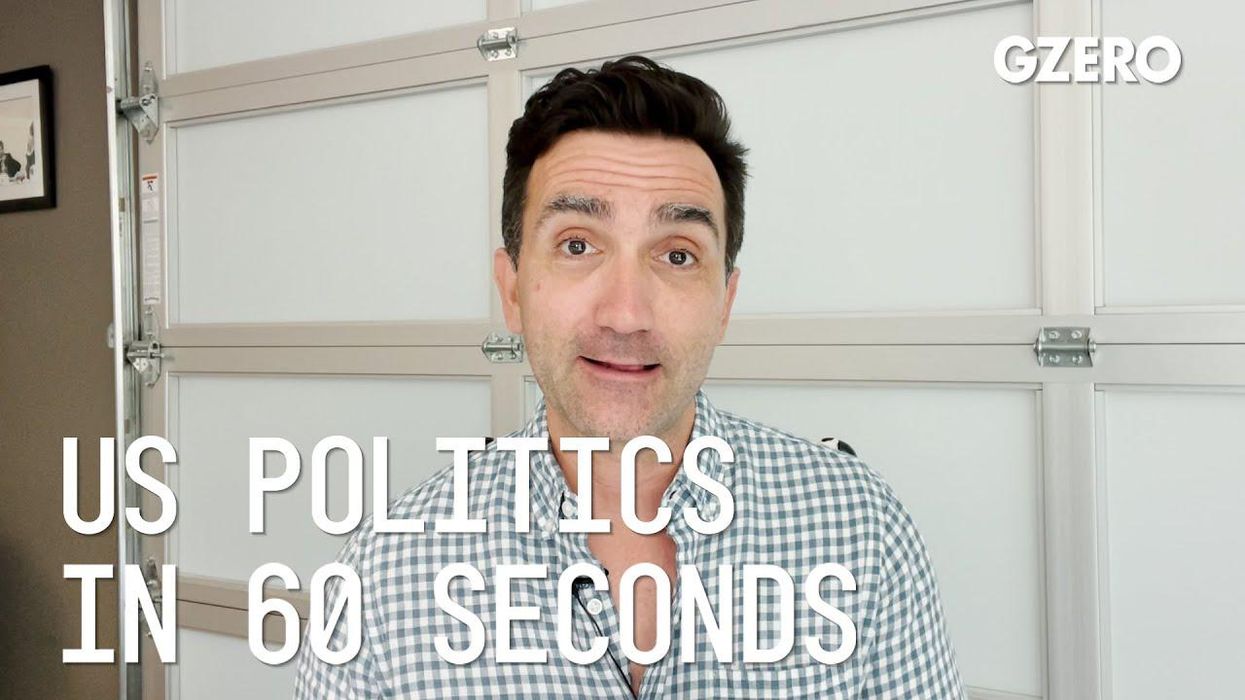US Politics In 60 Seconds
US political violence increases; Democrats seek Jan 6 accountability
What was the biggest takeaway from the first January 6th congressional hearing? Jon Lieber, head of Eurasia Group's coverage of political and policy developments in Washington, shares his perspective on US politics.
Jun 10, 2022




